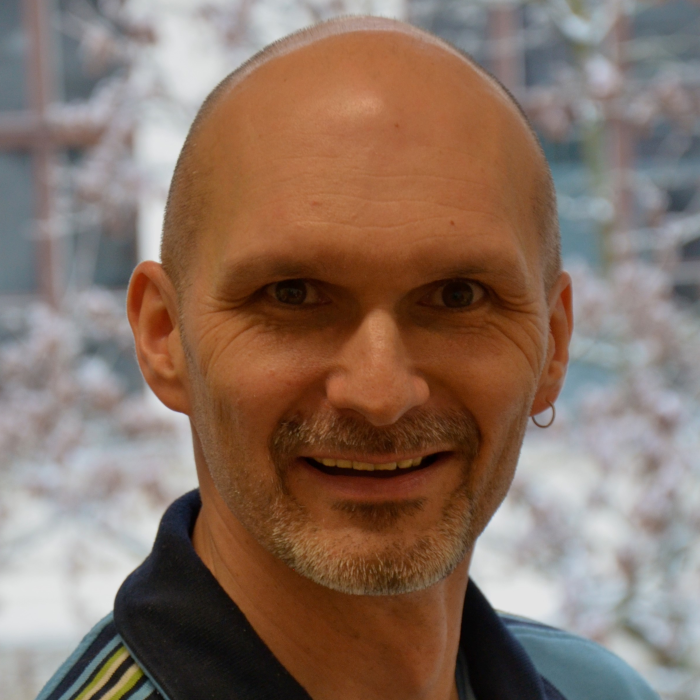Health and Well-Being
Health and well-being are core elements of individual quality of life. Health is seen not only as absence of illness but as a positive state that can be described by psychological, physical and social dimensions. Research in this field addresses mental as well as physical health. Besides prevention (changing individual behavior, health-promoting environment) also intervention and therapy are important topics of research. It can be described by the following questions: Which individual resources protect our health? Which psycho-social contexts increase the vulnerability for mental and physical illness? How can we adapt to chronic diseases? What are adequate therapies for mental illnesses and health-compromising behaviours? How can we motivate individuals to lead a healthy life?
A guideline for the research is the bio-psycho-social model according to which biological, psychological, and social variables have to be considered equally in order to understand contexts and consequences of health and illness. Accordingly, basic and applied research are interlocked in this research field. We strive for a multi-modal assessment procedure where various psychological (e.g., emotional condition, attitudes, motivational variables), biological and psycho-physiological (esp. cardiovascular, neuroendocrine, central nervous), and social variables (e.g., social inclusion, social support) are assessed. Data are gathered in the laboratory as well as in applied settings (e.g., hospital, working place) and in everyday life.
Current funded projects
- Steigerung der Awareness für nachhaltige und gesunde Beleuchtungslösungen mittels Serious Gaming. 2025-2027. Funded by FFG (Österreichische Forschungsförderungsgesellschaft). PI: Manuel Ninaus.
- Dance and Brain. 2024-2026. Funded by Fonds zur Förderung der wissenschaftlichen Forschung (FWF). PI: Andreas Fink.
- multiSENSE: Integrating AI, Radar Technology, and Environmental Quality Sensors for Health and Energy-Aware Indoor Environments. 2024-2026. Funded by FFG (Österreichische Forschungsförderungsgesellschaft). PI: Andreas Schwerdtfeger.
- Wearables for Energy-efficient Living and Psychological Fitness with Intervention Tailoring. 2024-2026. Funded by FFG (Österreichische Forschungsförderungsgesellschaft). PI: Andreas Schwerdtfeger.
- Ballett-Intervention. 2024-2025. Funded by Stadt Graz. PI: Sandria Stornig.
- Wholesome Gaming: Identifying positive human-media interactions using community trace data. 2023-2027. Funded by the profile-building area "Complexity of Life in Basic Research and Innovation" (COLIBRI) of the University of Graz. PI: Manuel Ninaus.
- Human-Centered Interactive Adaptive Visual Approaches in High-Quality Health Information (A*CHIS). 2021-2025. Funded by FWF (Fonds zur Förderung der wissenschaftlichen Forschung; FWF Research Group). PI: Dietrich Albert.

